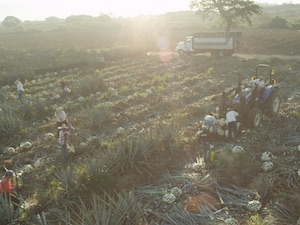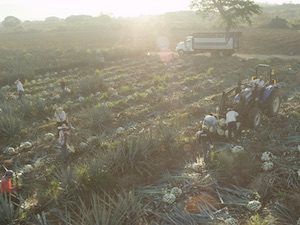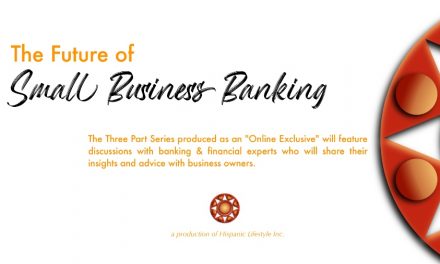
Ford to Expand Portfolio of Sustainable Materials with Agave Fibers

 Ford Motor Company is teaming up with Jose Cuervo® to explore the use of the tequila producer’s agave plant byproduct to develop more sustainable bioplastics to employ in Ford vehicles.
Ford Motor Company is teaming up with Jose Cuervo® to explore the use of the tequila producer’s agave plant byproduct to develop more sustainable bioplastics to employ in Ford vehicles.
Ford Motor Company today announces it is working with Jose Cuervo®, the world’s No. 1-selling tequila, to develop a sustainable, lightweight material for use in its vehicle lineup. The collaboration expands the automaker’s portfolio of earth-conscious materials to include agave.
“At Ford, we aim to reduce our impact on the environment,” said Debbie Mielewski, Ford senior technical leader, sustainability research department. “As a leader in the sustainability space, we are developing new technologies to efficiently employ discarded materials and fibers, while potentially reducing the use of petrochemicals and light-weighting our vehicles for desired fuel economy.”
Ford began researching the use of sustainable materials in its vehicles in  2000. Today, the automaker uses several bio-based materials in its vehicles, and is testing many more for future applications including algae, tomato peel and carbon dioxide.
2000. Today, the automaker uses several bio-based materials in its vehicles, and is testing many more for future applications including algae, tomato peel and carbon dioxide.
“Jose Cuervo is proud to be working with Ford to further develop our agave sustainability plan,” said Sonia Espinola, director of heritage for Cuervo Foundation and master tequilera. “As the world’s No. 1-selling tequila, we could never have imagined the hundreds of agave plants we were cultivating as a small family business would eventually multiply to millions. This collaboration brings two great companies together to develop innovative, earth-conscious materials.”
The work helps improve Ford’s environmental impact by reducing the use of petrochemicals and reducing carbon emissions while also light-weighting vehicles to reduce fossil fuel use.
Ford uses several sustainable materials including:
- Kenaf, a tropical plant in the cotton family, is used in the door bolsters of Ford Escape
- REPREVE fabric, made from recycled plastic bottles, diverts more than 5 million plastic bottles from landfill annually. Ford most recently introduced REPREVE in F-150
- Post-consumer cotton from denim and T-shirts is used as interior padding and sound insulation in most Ford vehicles
- EcoLon post-consumer nylon carpeting is used as cylinder head covers in Ford Escape, Fusion, Mustang and F-150
- plastic bottles are becoming floor carpeting, wheel liners and shields in several vehicles including Ford Transit and C-MAX
- Recycled post-consumer tires are used in seals and gaskets
- Rice hulls are used to reinforce plastic in Ford F-150 electrical harness
- Soy-based foams are used as seat cushions, seatbacks and head restraints in Ford’s North American vehicle lineup
- Wheat straw is used in Ford Flex to reinforce storage bins
- Cellulose tree fibers are used in the armrest of Lincoln MKX. Used to replace glass-filled plastic, this industry-first material weighs 10 percent less, is produced 30 percent faster, and reduces carbon emissions













